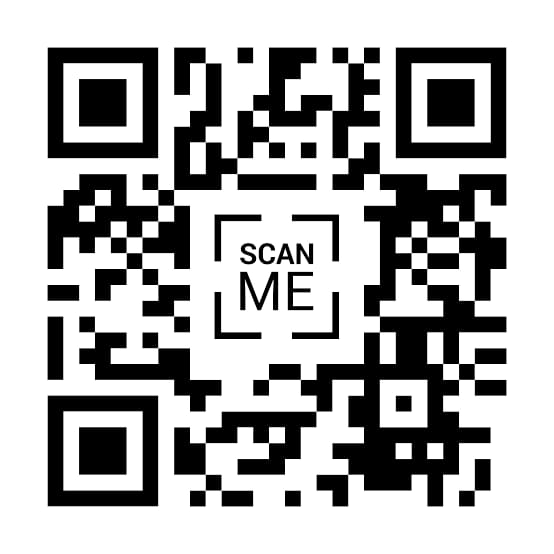

Since 2010, the Global Law Experts annual awards have been celebrating excellence, innovation and performance across the legal communities from around the world.
posted 2 years ago
Introduction
A cashless world was hard to imagine in the 80s and 90s (at least for most of us). It was unimaginable for you to successfully make payments, without cash, a debit or a credit card. What exactly were you to use then?! Right before our eyes, the world began to change, the mobile phone became more than a phone, it became your everything; your notepad, your office, your camera and your payment device (with the use of Quick Response [QR] Codes and Near Field Communication [NFC] tags).
The use of QR Codes as a payment method was introduced by Alipay in 2011 and became a widely used method of payment in China. NFC tags (which are chips built into smartphones) were used in countries like the United Kingdom first.
In Nigeria, QR Codes as a payment method is gradually gaining traction. Fintech companies such as Paystack and Flutterwave now offer sellers and service providers the ability to receive payment by generating and printing or sending a QR Code to their customers even over social media platforms such as Facebook. Many of the traditional financial institutions (such as First Bank and Guaranty Trust Bank) have updated their mobile applications to enable Customers utilize QR Codes as a payment method.
To properly regulate the use of QR Codes as a payment means in Nigeria, the Central Bank of Nigeria (CBN) on January 13, 2021, issued a Framework for QR Code Payments in Nigeria (“Framework”). We have highlighted some salient provisions of the Framework below.
Who are the Participants?
The major participants to a QR Code transaction as stated in the Framework are:
What are their Obligations?
Other Provisions of the Framework
The Framework adopts the Merchant-presented mode specification for Nigeria (as opposed to the customer-presented mode) which means the Merchant has to present the QR Code for buyers to scan in order to conclude the payment transaction.
Please also note that the Nigeria Inter-Bank Settlement System Plc (as the Payment Terminal Service Aggregator) is to certify QR Codes, the payment applications, updates and patches.
Conclusion
Payment with the use of QR Codes in Nigeria is gradually becoming the preferred choice for businesses in Nigeria as it is an affordable alternative to utilizing POS solutions. The issuance of the Framework is a positive step to encourage innovation in financial services and promote the secured use of QR Codes in Nigeria.
posted 2 hours ago
posted 14 hours ago
posted 14 hours ago
posted 3 days ago
posted 4 days ago
posted 4 days ago
posted 4 days ago
There are no results matching your search.
ResetSign up for the latest advisory briefings and news within Global Advisory Experts’ community, as well as a whole host of features, editorial and conference updates direct to your email inbox.
Naturally you can unsubscribe at any time.
Global Advisory Experts is dedicated to providing exceptional advisory services to clients around the world. With a vast network of highly skilled and experienced advisers, we are committed to delivering innovative and tailored solutions to meet the diverse needs of our clients in various jurisdictions.